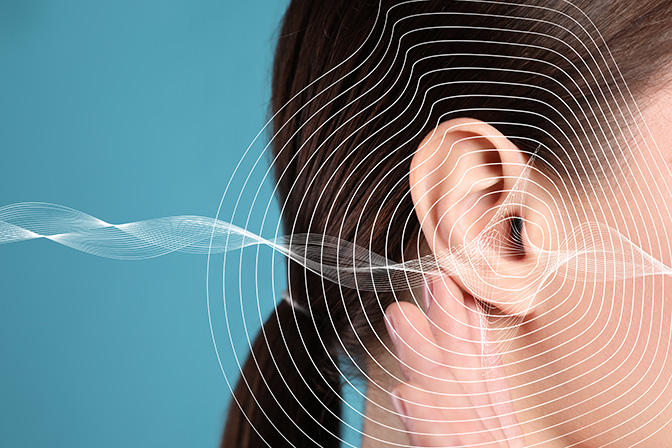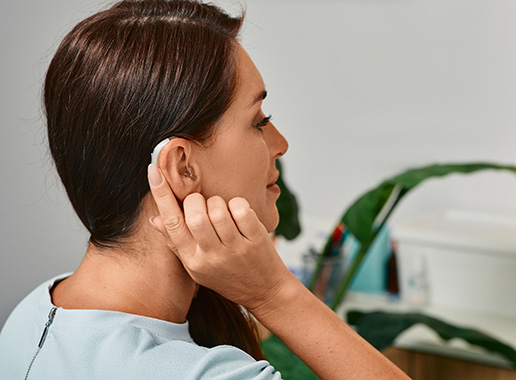Dr Chin’s Walkthrough in Understanding Common Nose and Sinus Conditions
Discover the most Common Nose and Sinus Conditions, their diagnosis, and effective care strategies in our informative blog. Get the insights you need today!
Nose and sinus problems happen a lot in ear, nose, and throat care. They can affect your breathing, sleep quality, and how you feel every day. It’s important to recognize the signs of these problems. Also, knowing the treatment options can help you get the right help quickly and feel better for a long time.
Common Nasal and Sinus Disorders
Acute and Chronic Sinusitis
Sinusitis is a common problem that affects the nose and sinuses. Acute sinusitis symptoms can show up as pressure in your face, a stuffy nose, and thick discharge from the nose. If these symptoms go on for more than 12 weeks, doctors may call it chronic sinusitis. People with this condition often need long-term care or specific chronic sinusitis treatment plans.
Allergic Rhinitis and Non-Allergic Rhinitis
Care for allergic rhinitis often looks for the cause of the symptoms. Pollen and dust are common triggers. Many people use antihistamines or nasal corticosteroids to feel better. When it comes to non-allergic rhinitis, treatment options can vary based on the cause. These causes can include irritants, certain medicines, or hormonal changes.
Nasal Polyps and Deviated Septum
Nasal polyps can happen due to long-lasting inflammation, asthma, or frequent infections. These growths can block airflow and can cause further infections. A deviated septum is diagnosed when the nasal septum is not in the right place. This condition often causes nasal blockage that may require treatment or surgery.
Diagnosis of Sinus and Nasal Conditions
Clinical Evaluation and Imaging
Diagnosis begins with a full history and a physical exam. A nasal endoscopy exam allows the doctor to look inside the nasal cavity and the sinus openings. Tests like a CT scan for sinus issues help doctors know how serious the problem is. These imaging methods are often used in sinus imaging techniques before planning any surgery.
Lab Tests and Specialist Assessment
When doctors think there might be an infection, like a fungal sinus infection or some unusual bacteria, they may need to do lab tests and cultures. It is important to visit an ENT if the sinus issues are severe or last a while. A nose and throat expert, called an otolaryngologist, can examine your nasal problems and propose treatment with more advanced tests.
Treatment Approaches and Surgical Options
Medical Management
Most nasal disorders often improve with medicine. Common treatments include decongestants, antihistamines, nasal sprays, and sometimes antibiotics. A combination of these treatments can help reduce sinus pressure and ease nasal congestion.
Surgical Interventions
When basic treatments don’t help, doctors may recommend surgery options. These could be balloon sinuplasty procedures or functional endoscopic sinus surgery (FESS). These sinus surgery options can improve drainage. They also reduce the risk of getting infections again.
Specialised Conditions and Care Considerations
Pediatric Sinusitis and Recurrent Infections
Sinusitis in children requires special attention, especially if it impacts their growth or learning. When treating frequent sinusitis, it is important to consider the child’s environment and any physical problems they may have.








